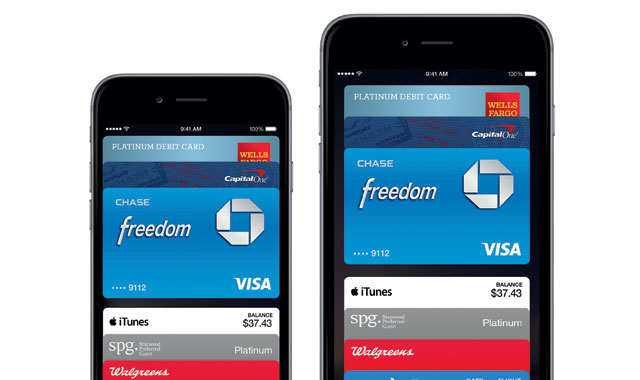
Mobile payments are gaining acceptance and will impact on traditional businesses, says a research organisation.
According to Gartner, half of consumers in developed economies such as North America, Western Europe and Japan will use smartphones or wearable technologies to make payments by 2018.
“Product managers must understand who their customers are for these new devices and services, and how the products are being used. Knowing your customer is imperative in order to capture a fair share of spending opportunities in this dynamic marketplace,” said Amanda Sabia, principal research analyst at Gartner.
Technology giants Apple and Samsung are racing to roll out payments services in a bid to capture the consumer market.
Apple recently partnered with UnionPay to bring its Apple Pay platform to China. The iPhone maker’s platform will work with QuickPass from UnionPay to allow consumers pay via near-field communication technology.
Reports indicate that Samsung will also launch its service in China in 2016. The Korean company has partnered with American Express, Visa and MasterCard to roll out its services in the US.
But Gartner said that mobile payments would be limited if they focused on device specific technology.
“Any mobile payment wallets that are tied to the device will have limited adoption and only if the device has a huge installed base,” said Annette Jump, research director at Gartner.
Jump suggested that Internet cloud-based technology would have a better chance of success and reduce the need for partnership agreements with banks.
In South Africa, data from First National Bank showed that an increasing number of customers are migrating their accounts online, with over 1,5m devices on the firm’s banking application.
“Just over 50% of users are millennials, with the remainder being Generation X and Baby Boomers. Generation X accounts for about 50% of the rand value spent on the app. eBucks are used even more by Millenials to pay for purchases (76%) than Generation X (21%),” said Sahil Mungar, head of marketing for FNB Digital Banking.
Online retailer Takealot said that the online market in SA is only about 2% of the R800bn retail market for consumer goods.
For mobile payment platforms to work in South Africa, it is critical that banks give their blessing to the technology, said an analyst.
“In summary, if the big five banks don’t want Apple Pay or Android Pay to work in South Africa, then it simply won’t happen because the big five banks control the merchant card acceptance infrastructure and completely dominate card issuance in South Africa.
“As much as Apple and Google might make the mobile payment technology available, it just won’t work without the permission and cooperation of the banks,” said Craig Kilfoil, MD of ExactConsult. — Fin24




